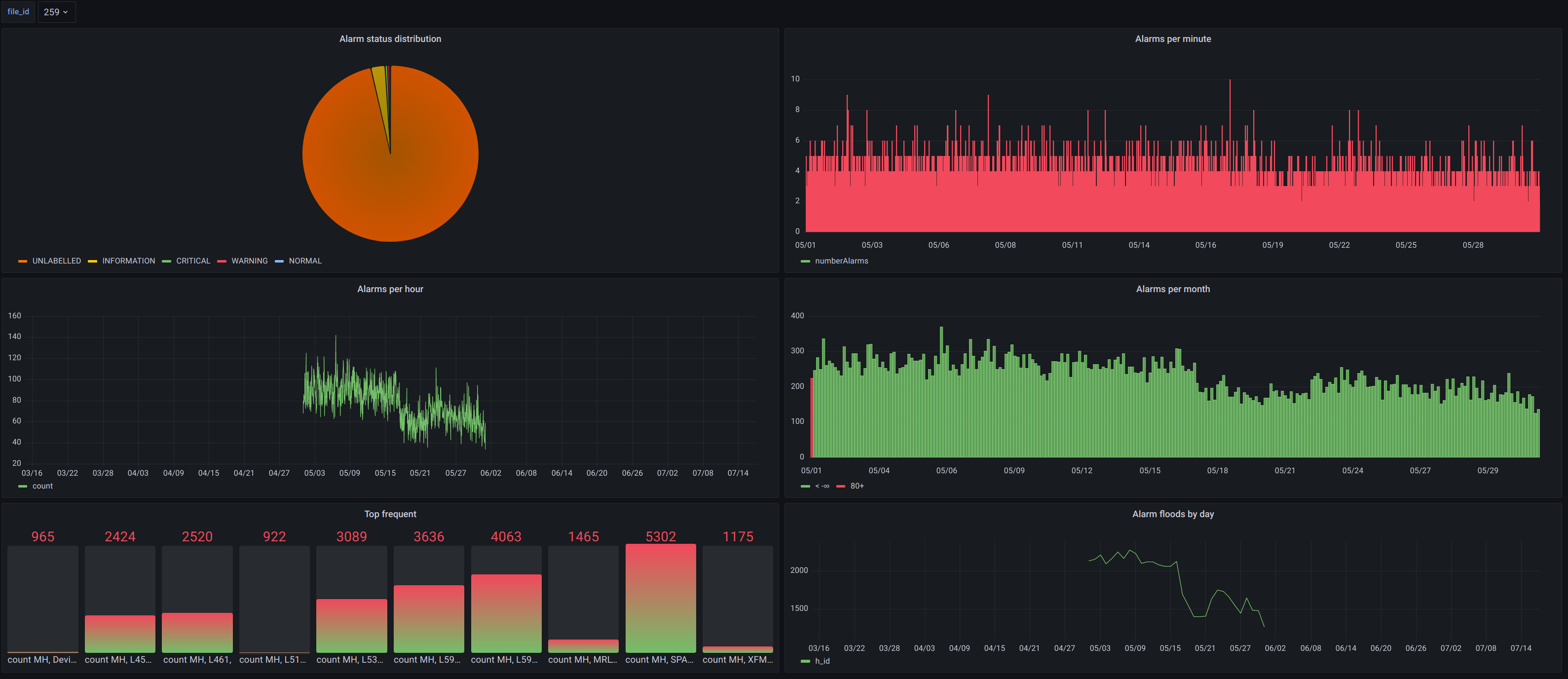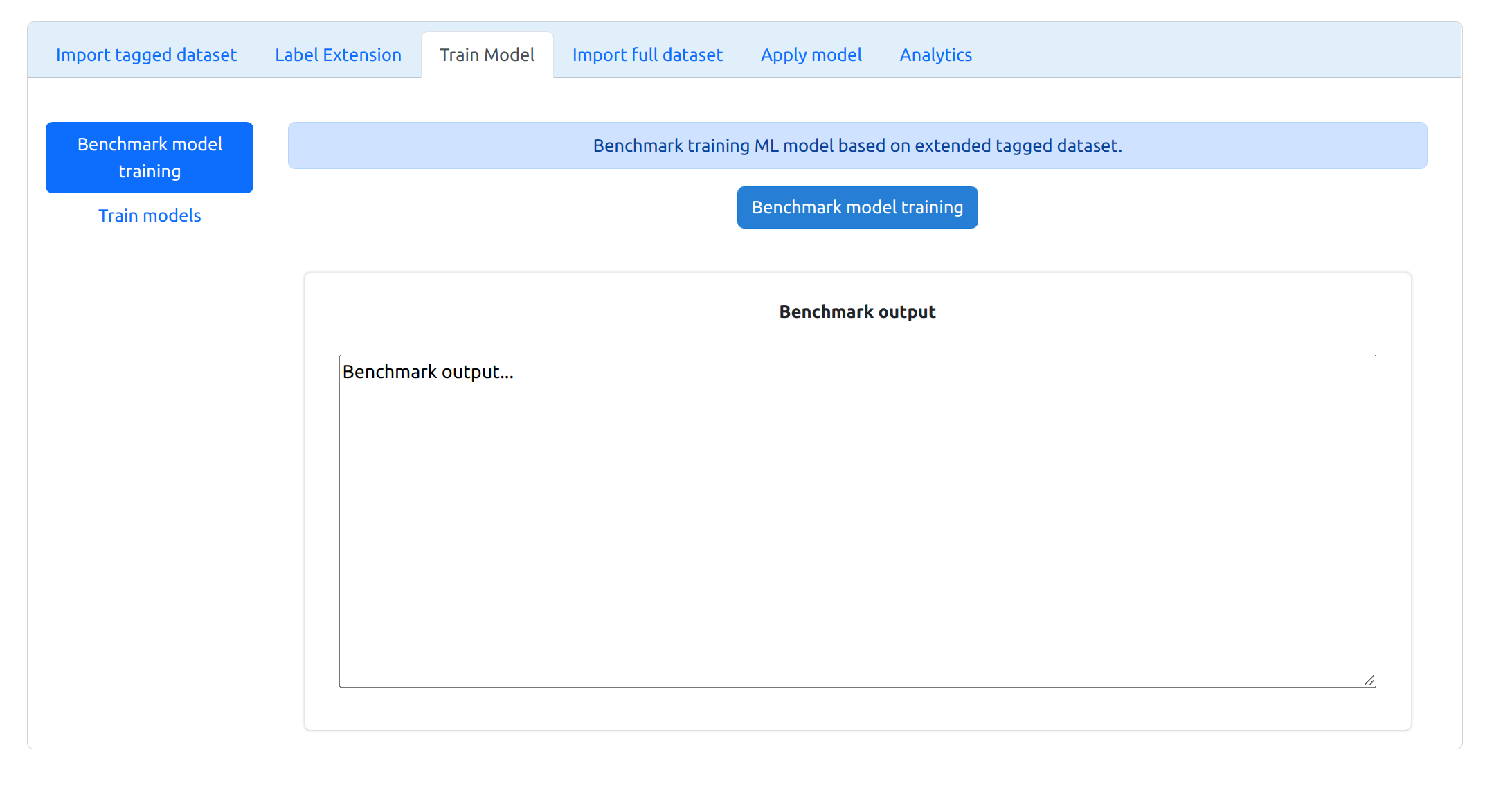The Problem
In the realm of energy management, the European power grid faces significant challenges regarding stability and the integration of renewable energy sources. Traditional methods of monitoring and managing the grid struggle to cope with the complexities introduced by the increasing penetration of distributed renewable energies. As a result, power grid operators are confronted with heightened risks of faults and disruptions, leading to potential grid instabilities. Moreover, the evolving energy landscape demands more sophisticated approaches to anomaly detection and mitigation. Existing methods often rely on reactive measures, which are insufficient for addressing issues in real-time and preventing cascading failures. Without effective early anomaly detection mechanisms, power grid operators are left vulnerable to unexpected faults and disturbances, jeopardizing the reliability and resilience of the grid. To compound matters, there is a lack of comprehensive tools and frameworks capable of harnessing advanced technologies like deep learning for proactive anomaly detection in power grid components. Without access to such tools, grid operators struggle to optimize grid performance, mitigate risks, and ensure a seamless transition towards a more sustainable and resilient energy future.
Check out the project information here:
i-nergy.eu cordis.europa.eu/project/id/101016508And the source code on Ikim Ltd's Gitlab repo:
gitlab.com/ikimio/inergy

